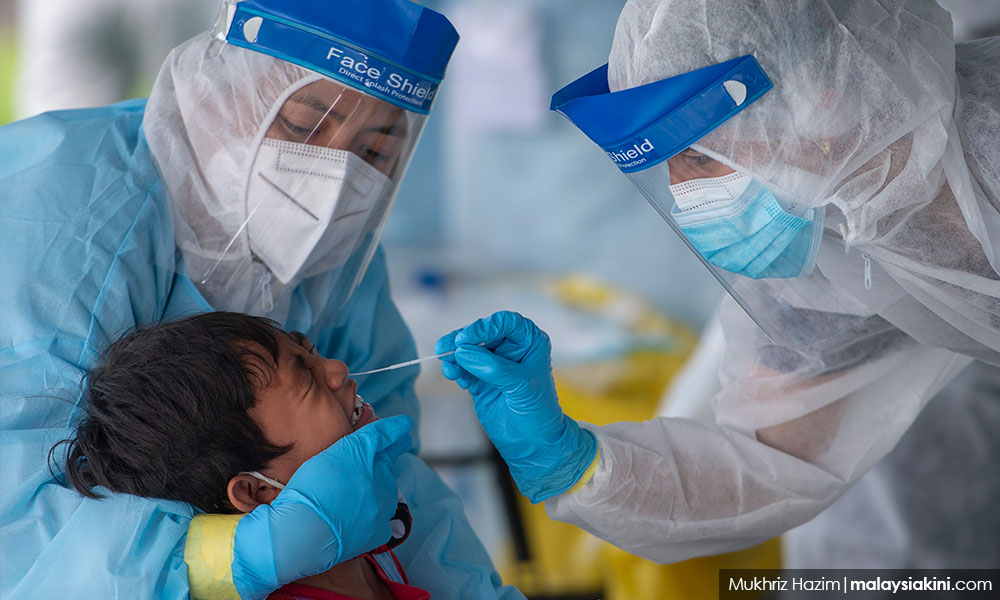LETTER | Malaysia was a signatory to the Alma Ata declaration in 1978. It was the first international declaration underlining the importance of primary healthcare in promoting and protecting the health of all people.
At the 40th anniversary of the declaration in 2018 at the Global Conference on Primary Health Care in Astana, Kazakhstan, world leaders again reaffirmed that strong primary health care is essential to achieve universal health coverage.
The World Health Organisation (WHO) has declared that all roads lead to universal health coverage (UHC) which means that all individuals and communities receive the health services they need without suffering financial hardship.
Malaysian Ministry of Health data for the public sector in 2018 showed that there were 1090 health clinics, 1791 community clinics, and 217 mobile health clinics. In addition, there were 343 1Malaysia clinics that were rebranded as community clinics.
Comparatively, the number of private medical clinics, most of which were general practitioner (GP) clinics numbered 7,718. These GP clinics serve communities from all socioeconomic strata. They provide affordable and accessible care with many even opening 24 hours a day.
Frequently, they are the main healthcare provider for many local workers and families who have no ability to take a whole day off for medical attention. Even immigrants and undocumented communities are attended to.
Malaysia's dichotomous healthcare system of public and private sectors presents a great divide that seems to grow wider by the day.
The current Covid-19 pandemic which arrived on Malaysia's shores in March this year exposed the divide and how primary and public healthcare responses were mainly the public sector leading with the over 7,000 private GP clinics nationwide mostly left to their own resources.
There was minimal involvement of GP clinics in the national response and as the community spread of Covid-19 rages on, many GP clinics were uncoordinated and not well-prepared.
Utilising GP clinics for screening and surveillance of Covid-19 cases and collaboration with the public sector would enhance the fight against the pandemic as has been implemented in other countries.

Instead, with the resurgence of Covid-19 in the country in the form of the third wave, there is an increase of middlemen and other non-medically related entities who jumped on the bandwagon of offering Covid-19 tests and even medical supplies.
Universal health care includes not only access to but the full spectrum of essential, quality health services from health promotion to prevention and treatment.
The way forward is to include the 7,000-plus Health Ministry-trained GPs in an integrated and collaborative response to the Covid pandemic and ensuring healthcare for all.
The vital roles GPs can play in the critical areas of high-quality Covid-19 screening, vaccination, and surveillance in the current pandemic cannot be repeated often enough and on the same note ensuring that commercial or non-medically related entities which may compromise on quality healthcare are not part of primary care goes a long way towards universal health coverage.
Malaysia's primary care response to the Covid pandemic and in working towards healthcare for all cannot afford to leave behind the GPs who have been an integral part of the healthcare ecosystem for the last half a century.
The views expressed here are those of the author/contributor and do not necessarily represent the views of Malaysiakini.

